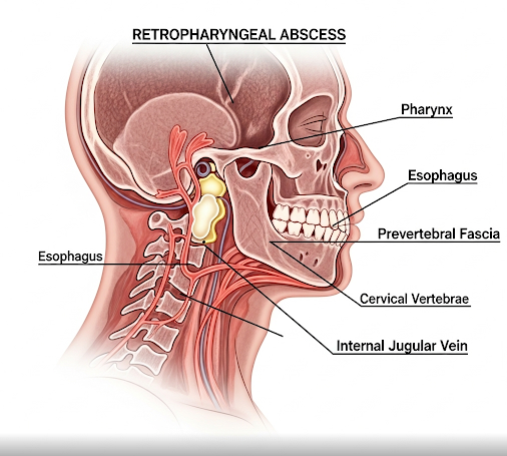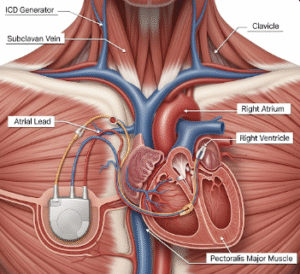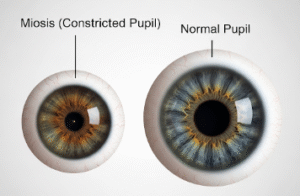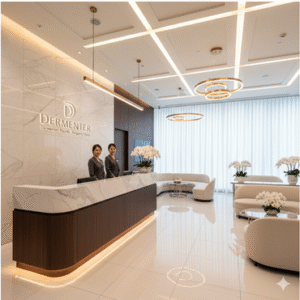Overview
Retropharyngeal abscess (RPA) is a serious deep neck space infection that occurs in the retropharyngeal space—an area behind the pharynx and in front of the spine. It usually results from bacterial infection and can cause severe swelling, difficulty breathing, and life-threatening airway obstruction if not treated promptly. In Korea, modern diagnostic imaging and advanced surgical techniques enable early detection and effective management of RPA, significantly reducing complications.
What is Retropharyngeal Abscess?
A retropharyngeal abscess is a collection of pus in the tissues of the retropharyngeal space, often due to the spread of infection from the throat, nasal passages, or middle ear. It is more common in children due to the presence of retropharyngeal lymph nodes, which tend to shrink with age. In adults, it can develop after trauma or infection in the throat area.
Symptoms
- Severe sore throat
- Difficulty swallowing (dysphagia)
- Painful swallowing (odynophagia)
- Neck stiffness or pain
- Fever and chills
- Muffled or “hot potato” voice
- Difficulty breathing or noisy breathing (stridor)
- Drooling (especially in children)
- Swelling in the neck
Causes
- Bacterial throat infections (e.g., Group A Streptococcus, Staphylococcus aureus)
- Complications from upper respiratory infections
- Spread from middle ear or sinus infections
- Penetrating trauma to the throat (e.g., from a foreign body)
- Dental infections
- Tuberculosis or other rare infections (less common)
Risk Factors
- Children under 5 years old (due to active retropharyngeal lymph nodes)
- Immunocompromised individuals
- Chronic sinusitis or ear infections
- Poor dental hygiene
- History of throat injury or recent medical procedures in the neck area
Complications
- Airway obstruction (life-threatening)
- Sepsis (systemic infection)
- Spread of infection to the chest (mediastinitis)
- Jugular vein thrombosis
- Meningitis or brain abscess (rare but severe)
Prevention
- Prompt treatment of throat and upper respiratory infections
- Maintaining good oral hygiene
- Regular dental check-ups
- Early medical attention for persistent sore throat or fever
- Avoiding insertion of sharp objects into the mouth or throat
Treatment Options in Korea
Korean hospitals provide rapid, coordinated care for RPA with ENT specialists, radiologists, and intensive care teams:
- Diagnostic Imaging: CT scan or MRI to confirm the presence, size, and location of the abscess.
- Medical Therapy:
- Broad-spectrum intravenous antibiotics targeting common bacteria.
- Anti-inflammatory medications to reduce swelling.
- Airway Management: In severe cases, temporary airway support (intubation or tracheostomy) to prevent obstruction.
- Surgical Drainage:
- Performed through intraoral or external neck approach.
- Minimally invasive techniques are preferred when possible.
- Post-treatment Monitoring: Regular follow-up imaging and blood tests to ensure complete resolution of the infection.
With Korea’s high standard of emergency care, most patients recover fully if treated early, and life-threatening complications are greatly reduced.













